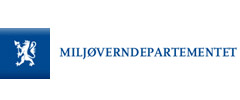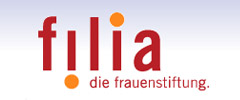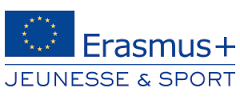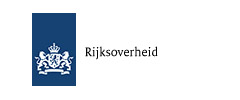The status of solid waste and excreta management in Khorga and Chaladidi, Georgia
Survey report by RCDA and WECF
03.12.2014

Of the surveyed families 95% uses the traditional pit latrine as a toilet, which content is buried in the garden, and only 2% is familiar with composting of organic wasted. 20% -30% of leftovers of crop production, garden and plastic waste are disposed at the riverbank. Liquid manure is directly disposed in the open area and/or infiltrated from the stable directly in the soil. About 70% of the plastic waste is burned inside in the oven or on the field.
A serious risk is the transfer of contaminants of human and animal excreta to ground water and land, flow-off of disposed waste into the river and ditches, affecting the water quality of the nearby Black Sea.
Lack of appropriate collecting plastic wastes force the inhabitants to burn their plastic waste, posing a threat to the environment and to the peoplesī health.
The survey learned that waste disposal practices employed by both communities are significantly associated with little knowledge and awareness of the respondents particularly on animal and human waste management, impacts on environment, social and economic development.
These are some findings of the survey on the status of solid waste management in two villages, carried out in cooperation with WECF by RCDA and local stakeholder, under the project Managing Wastewater through Global Partnership.


































